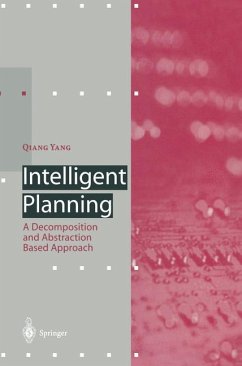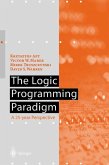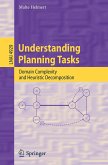"The central fact is that we are planning agents." (M. Bratman, Intentions, Plans, and Practical Reasoning, 1987, p. 2) Recent arguments to the contrary notwithstanding, it seems to be the case that people-the best exemplars of general intelligence that we have to date do a lot of planning. It is therefore not surprising that modeling the planning process has always been a central part of the Artificial Intelligence enterprise. Reasonable behavior in complex environments requires the ability to consider what actions one should take, in order to achieve (some of) what one wants and that, in a nutshell, is what AI planning systems attempt to do. Indeed, the basic description of a plan generation algorithm has remained constant for nearly three decades: given a desciption of an initial state I, a goal state G, and a set of action types, find a sequence S of instantiated actions such that when S is executed instate I, G is guaranteed as a result. Working out the details of this classof algorithms, and making the elabora tions necessary for them to be effective in real environments, have proven to be bigger tasks than one might have imagined.








